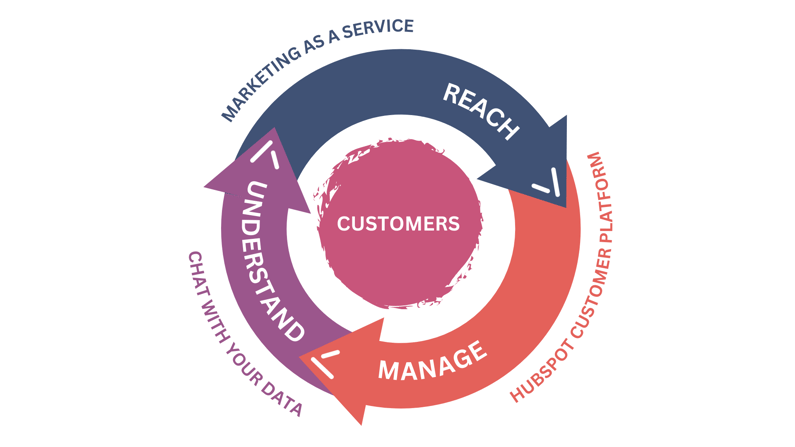Understanding the Game of Managing Data as a Product
Introduction: Businesses can sometimes dive in to lengthy games of "Corporate Ping Pong." Responsibilities, like the ball, are hit back and forth between people, teams and departments, often losing momentum and clarity along the way. In the space of data projects, this scenario can become risky. Let's explore why traditional project management often fails in this context and how treating data projects as products can change the game.
The Pitfalls of Corporate Ping Pong: In many organizations, a lack of clear ownership, transparency, agility, and communication leads to what I call 'Corporate Ping Pong' - a situation where tasks, responsibilities, and decisions are bounced around without clear direction or accountability.
-
Communication Breakdown: Without data literacy and open and effective communication channels, teams often work in silos, leading to misunderstandings and delays: "Not my problem. I wasn't informed."
-
Lack of Ownership: When no single team or individual is accountable, there's a diffusion of responsibility, and crucial tasks can fall through the cracks. "It's not my responsibility."
-
Inflexibility: Traditional project management can be rigid and slow to adapt to changes, a significant hindrance in the fast-paced digital landscape: "Let's just make another change request."
Why Data Projects Can Fail in the Corporate Ping Pong: Data projects are particularly sensitive to these issues due to their complex and cross-functional nature.
-
Data Misinterpretation: Without clear ownership and effective communication with emphasis on constantly evolving data literacy skills, the nuanced understanding of data can be lost, leading to misguided decisions.
-
Delayed Insights: The back-and-forth often causes delays in data processing and analysis, diminishing the value of insights.
Managing Data Projects as Products: A paradigm shift is needed. Treating data projects as products rather than one-off tasks can bring about profound changes:
-
Continuous Improvement: Like products, data initiatives benefit from ongoing development, feedback, and iteration.
-
Clear Ownership and Roadmap: Assigning data product owners ensures responsibility and direction, keeping the project on track and aligned with business objectives.
-
Agile Methodology: Adopting agile principles in data projects — iterative development, regular retrospectives, and flexibility to adapt — enhances efficiency and effectiveness.
The Role of Transparency and Communication: Transparency and open communication are the foundation of this approach.
-
Cross-Departmental Collaboration: Regular, transparent communication across departments ensures that everyone is aligned and moving towards the same goals.
-
Empowered Decision-Making: With clear, accessible information, teams can make informed decisions quickly, reducing the time spent in the ping pong effect.
Conclusion: The game of Corporate Ping Pong, is not a sustainable way to manage data. By fostering a culture of communication, ownership, and agility, and by treating data projects as products, organizations can break out of this cycle.
It’s time to stop playing games and start delivering results. Let’s transform the way we manage data projects, one product at a time.

At Vidalico, we are passionate about helping you to manage your data better, as this will help you to understand your customers too! Our mission is to help organizations on their data management journey.
Together, let's harness the power of data!
Book a free data strategy call:


